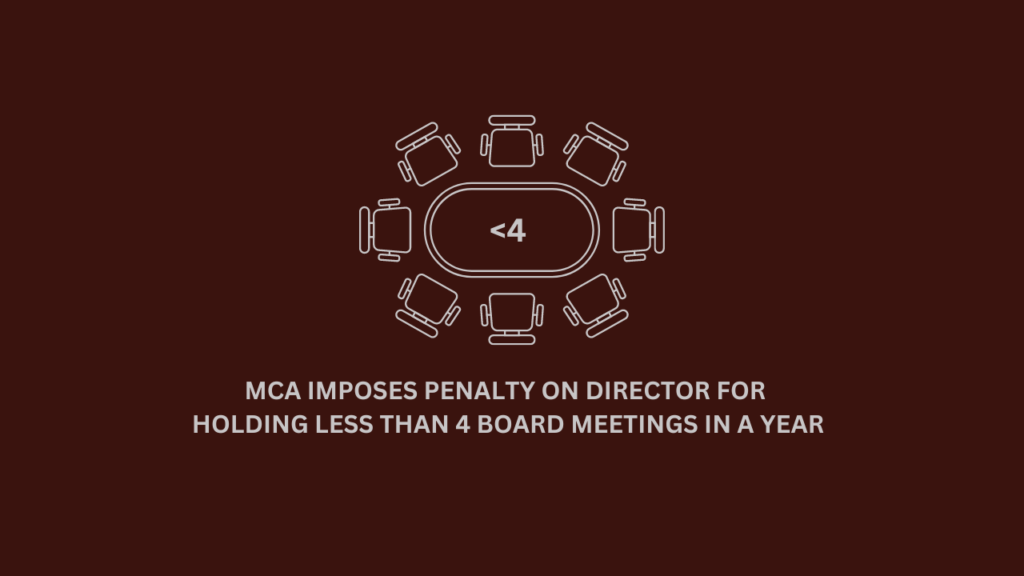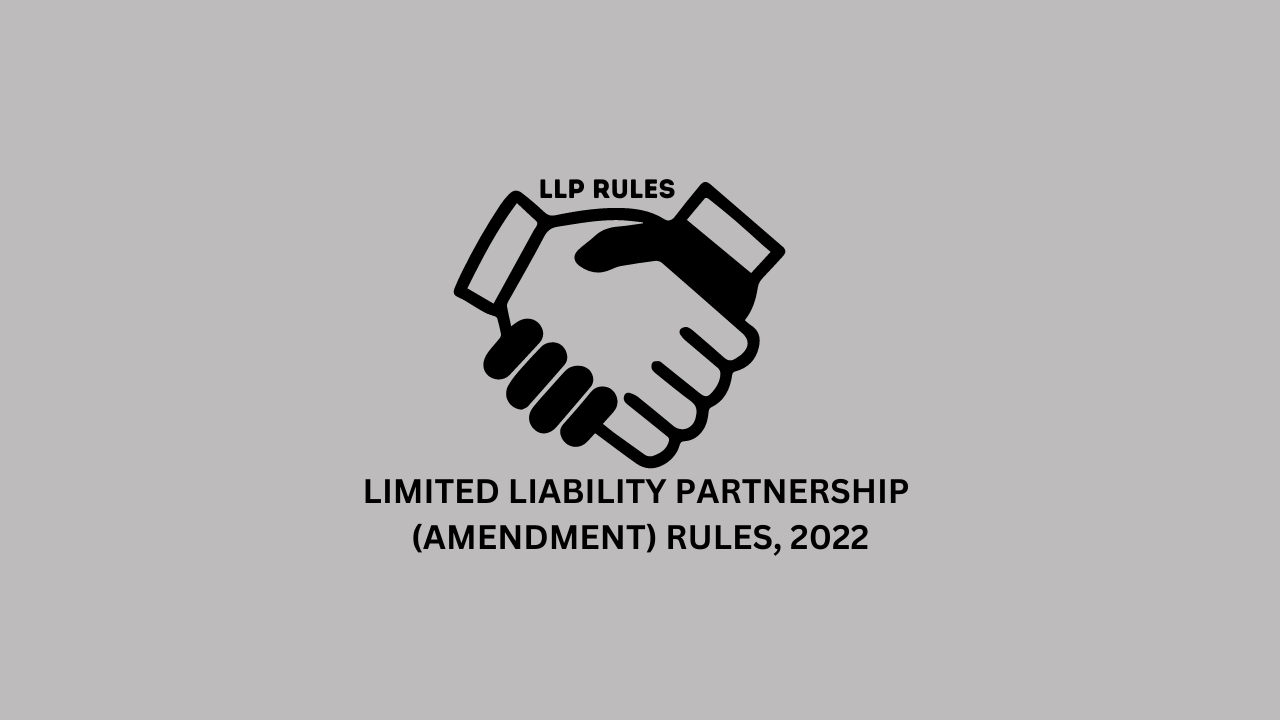
INTRODUCTION
Smalticeram India Private Limited has been subject to punitive action by the Ministry of Corporate Affairs (MCA) for violating Section 173(1) of the Companies Act, 2013, which stipulates a minimum number of board meetings annually. The case, the fines assessed, and the ramifications for compliance are all thoroughly examined in this piece.
DETAILED ANALYSIS
The first part of the order notes that the Adjudicating Officer was appointed in accordance with Section 454 of the Companies Act, 2013 to decide penalties in accordance with the Act’s provisions.
Smalticeram India Private Limited is identified as the corporation in question, along with its registration information and registered office address.
The corporation convened two board meetings in the fiscal year 2022–2023: on June 28, 2022, and September 30, 2022. Two directors, Mr. Mahesh Bhat and Mr. Lauro Palazzi (nominated by the holding company, Smalticeram Unicer SPA), were serving on the board at the time these sessions were held.
But Mr. Lauro Palazzi left Smalticeram Unicer SPA on January 9, 2023, despite the fact that the company had nominated him to the board of Smalticeram India Private Limited. Section 167(1)(h) states that his office was no longer occupied. Mr. Carlo Alberto Contini was later designated by the holding company as its nominee, with effect from May 15, 2023. This appointment was unintentionally delayed due to Apostille and translation procedures. As a result, no additional board meetings were called for the 2022–2023 fiscal year.
The reference is made to Section 173(1), which mandates that all companies hold a minimum of four board meetings annually, with a maximum of 120 days between meetings. The Central Government may announce exclusions for particular business categories or types.
With effect from May 15, 2023, the Registrar of Companies has been granted the authority to decide fines under Section 173(4) of the Companies Act, 2013. The In House Adjudication Penalty Mechanism (IAM) for cases under the Companies Act of 1956 and the Companies Act of 2013 is mentioned in the ruling.
The presenting officer argues that even if the firm voluntarily filed an application for adjudication, it and its executives are nevertheless subject to penalties for violating Section 173(1) of the Companies Act, 2013.
PENALTY DETAILS
Due to the failure to hold board meetings between January 9, 2023, and May 14, 2023, the Adjudicating Officer assessed a penalty in accordance with Section 173(4) of the Companies Act, 2013, taking into consideration the relevant circumstances.
COMPLIANCE AND APPEAL
In the event that the company and its officials fail to immediately address the default, additional action for non-compliance with the Act under Section 454A of the Companies Act, 2013 may be initiated.
Within 60 days of receiving the ruling, the company and its officers are required to pay the penalty amount using funds from their personal sources or revenue through electronic payment on the Ministry’s website. It is necessary to file copies of the adjudication order and the Challan/SRN produced following penalty payment in INC-28 via the MCA portal.
Within sixty days of the date of receipt, an appeal against this order may be made with the Ministry of Corporate Affairs’ Regional Director for the North-Western Region by using the prescribed form and providing a certified copy of the order.
CONCLUSION
This case emphasizes how important it is to follow the Companies Act of 2013’s need to hold a minimum number of board meetings. Smalticeram India Private Limited’s fine should serve as a reminder to businesses and their executives to strictly adhere to corporate governance guidelines, which includes scheduling the required number of board meetings. As stated in this order, failure to comply may result in severe financial fines as well as legal ramifications. Prioritizing adherence to legal requirements is essential for businesses to stay out of trouble with the law and uphold high standards of corporate governance.








